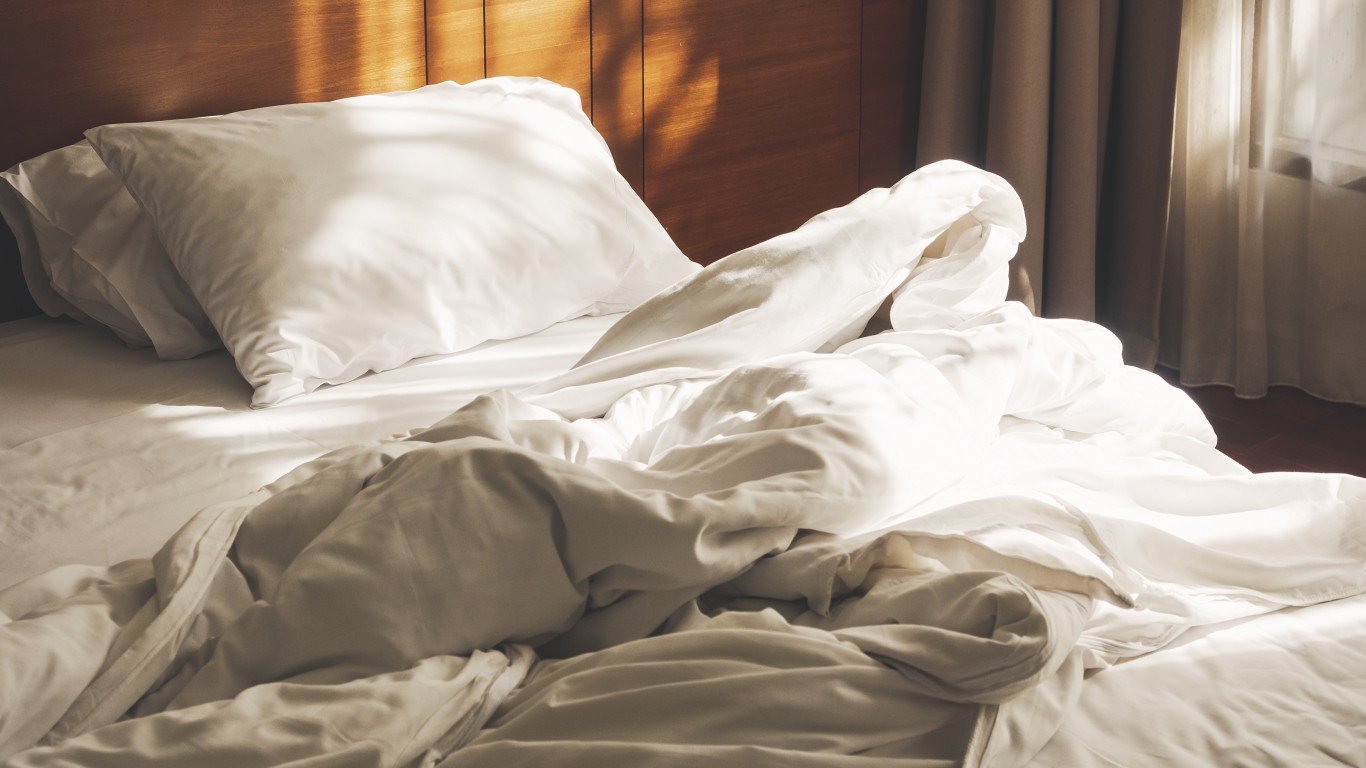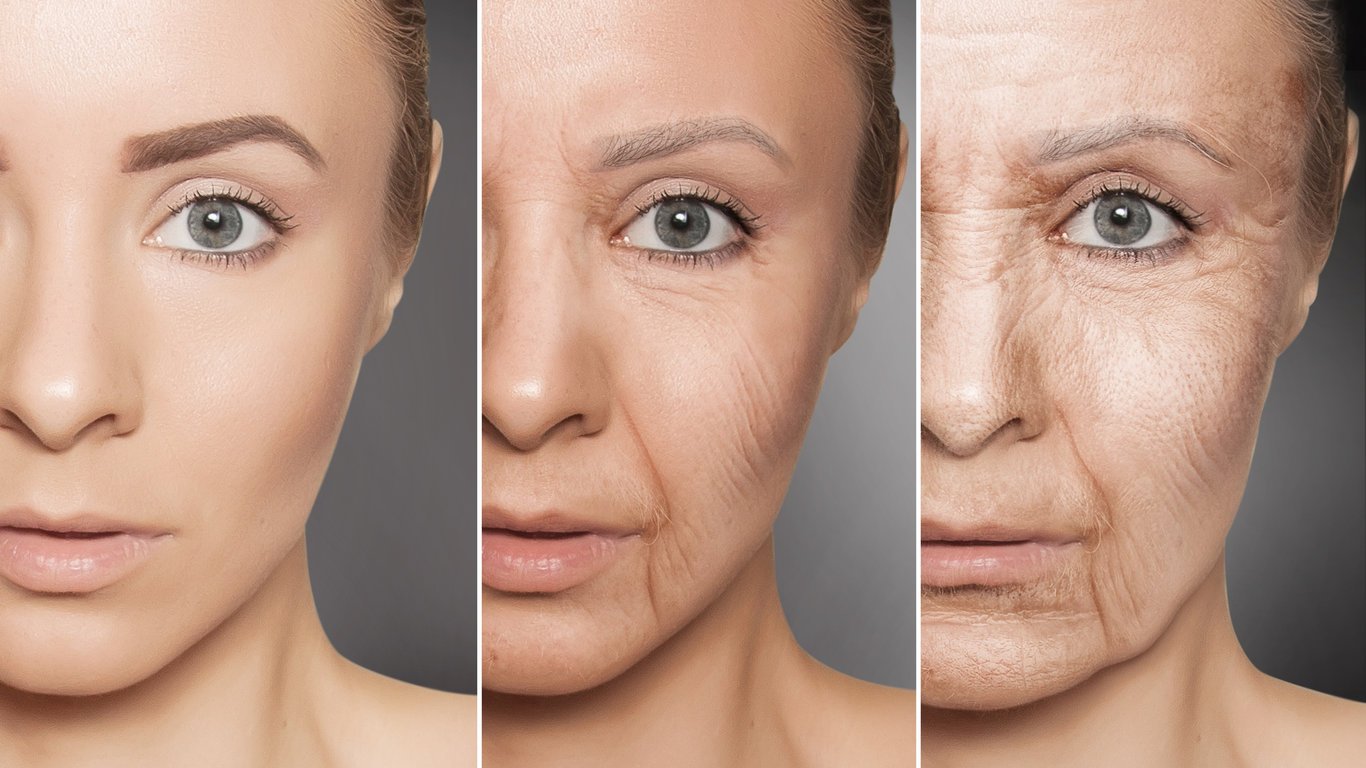

There is an assumption that eight hours of sleep is what most people need. The Sleep Foundation indicates that sleep is necessary: “Quality sleep is critical for mental health and clarity, physical health, immune system function, appetite regulation, and cell and tissue repair.”
The amount of time people need to sleep varies by age. For example, infants (4 to 12 months old) need 12 to 16 hours. For people aged 19 and over, the figure is seven hours or more. (Here are 19 expert-backed tricks for a good night’s rest.)
Very few people can get by on six hours of sleep. For most, six hours or less can cause mental and physical problems. Moreover, their problem-solving skills and ability to concentrate can deteriorate as well. The foundation also found that “people who do not sleep enough may be less productive at work.”
The National Institutes of Health points out that a small group of people can do well on less than six hours of sleep. The ability to do so is in their genes. “Part of this … factor is related to sleep quality. Good quality sleep means that you’ve gotten enough of two different phases of sleep: rapid eye movement (REM)—the deep sleep in which dreaming happens—and non-REM.”
The conclusion about sleep length and quality was based on a study of 50 families across three generations. The ability for “short sleep” usually passed from generation to generation.
Thank you for reading! Have some feedback for us?
Contact the 24/7 Wall St. editorial team.
 24/7 Wall St.
24/7 Wall St.


